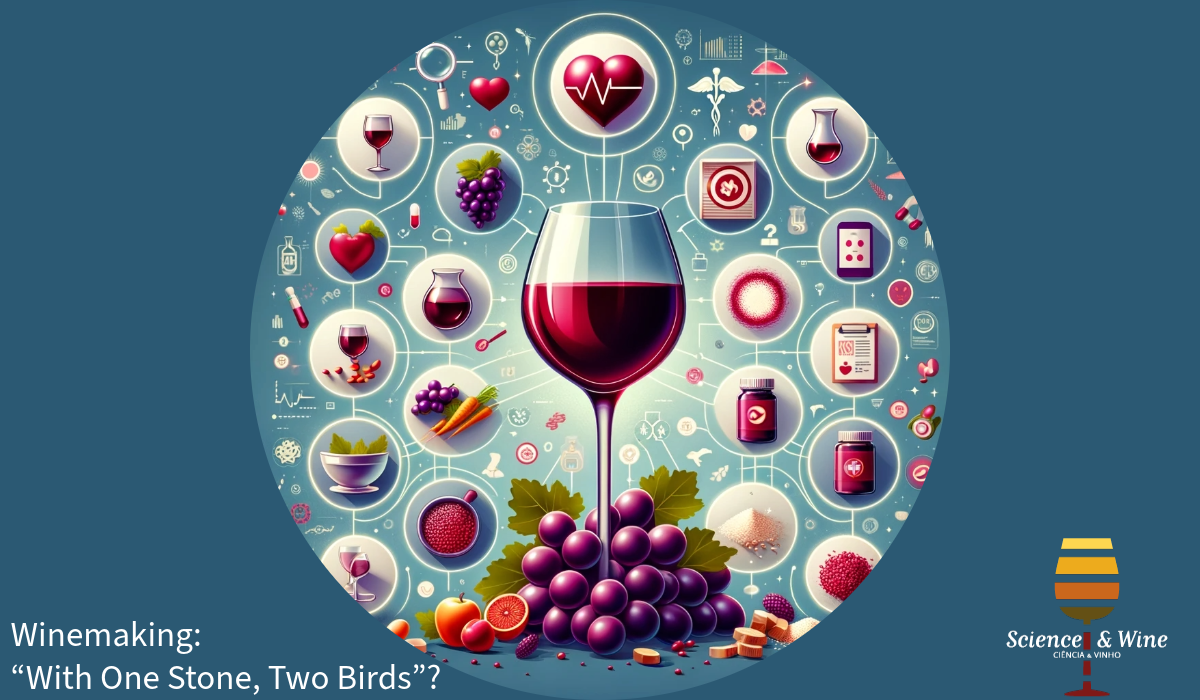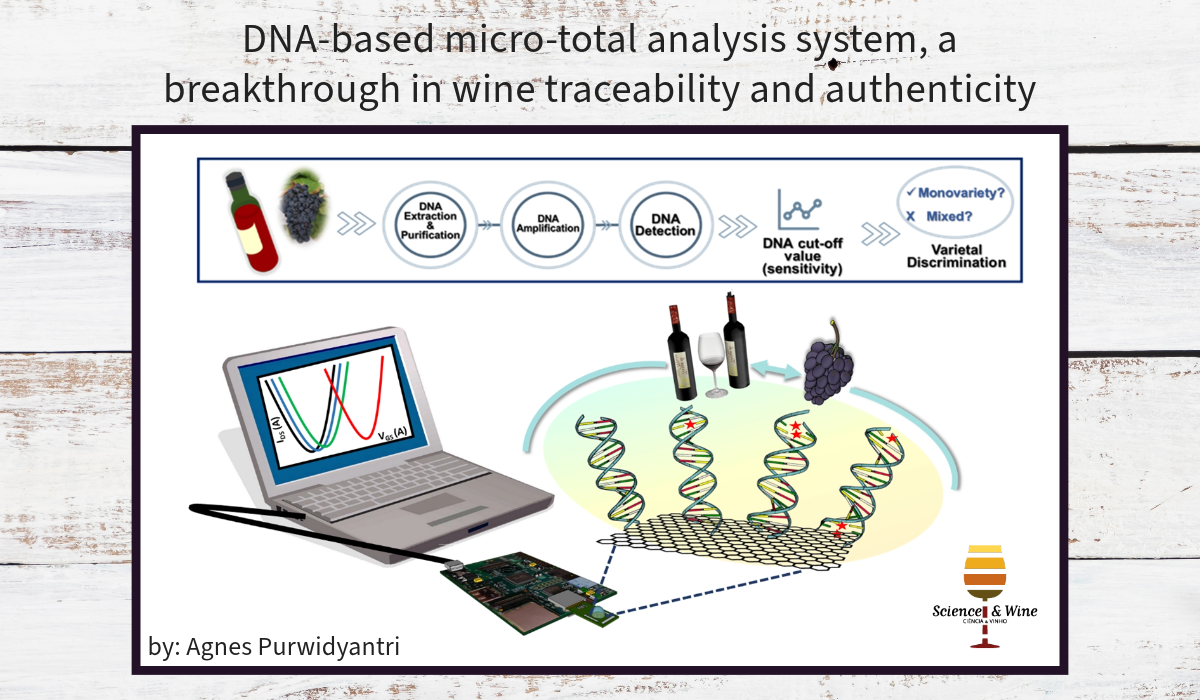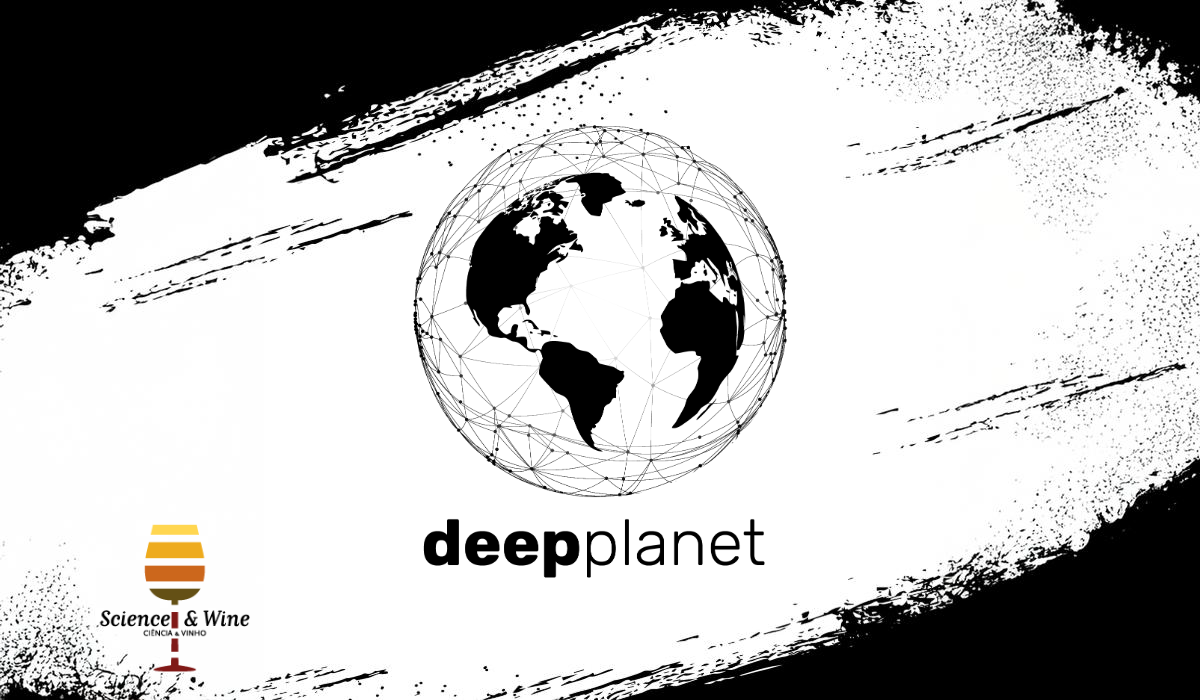Founded in 2018 by Oxford University scientists, Deep Planet is an AgriTech company leveraging artificial intelligence (AI) to address environmental challenges in agriculture, particularly in the wine industry. Their platform, VineSignal, offers precision tools for vineyard management, including optimal harvest timing, yield forecasting, disease detection, precision fertilization, soil carbon sequestration, and smart irrigation. These AI-driven solutions promote sustainability and resource efficiency, helping farmers and winemakers improve crop quality and minimize environmental impact. Deep Planet seeks partners to collaborate on advancing sustainable agriculture globally.

4th Science & Wine World Congress – Energy, sustainability, and green transition in wine and olive oil production
The 4th Science & Wine World Congress, scheduled for May 28-30, 2025, in Porto, will gather experts and stakeholders in energy, sustainability, and agriculture. This year’s congress, held under the University of Porto’s auspices, will spotlight sustainable practices and the green transition in wine and olive oil production. Selected to coincide with World Energy Day on May 26, the congress emphasizes the significance of green energy solutions for these industries. Attendees can explore energy-efficient practices like renewable energy use, precision agriculture, and waste heat recovery, as well as innovative technologies like digital labeling and smart farming. These advancements not only reduce environmental impacts but also enhance product quality and efficiency.

South-Tyrolean pinot blanc identity: Exploration of chemical and sensory profile changes ascribed to vineyard locations and winemaking variables
This post explores a study on South Tyrolean Pinot Blanc wines, investigating how vineyard location and winemaking techniques impact their chemical and sensory profiles. The research examined Pinot Blanc from three vineyards at different altitudes and assessed the effects of pre-fermentative grape freezing and simultaneous alcoholic and malolactic fermentation. Findings revealed that higher-altitude vineyards, like Aldino (800 m.a.s.l), produced wines with superior sensory attributes such as clarity, color intensity, and overall quality. Winemaking techniques also influenced wine characteristics, with grape freezing and co-inoculation affecting sugar content, acidity, and aromatic profile. The study underscores the importance of terroir and winemaking practices in shaping Pinot Blanc’s unique identity, offering valuable insights for adapting to climate change and enhancing wine quality.

Maximizing Wine Antioxidants: Yeast’s Contribution to Melatonin Formation
The paper “Maximizing Wine Antioxidants: Yeast’s Contribution to Melatonin Formation” explores how different yeast strains influence melatonin levels in wine, enhancing its antioxidant properties. Melatonin, a compound with anti-aging, anti-inflammatory, and antioxidant benefits, is naturally found in wine but at varying levels depending on yeast activity during fermentation. The study evaluated Saccharomyces and non-Saccharomyces yeasts in fermenting two white wine varieties (Aligoté + Fetească albă and Sauvignon blanc) and found that mixed yeast cultures, especially when combined with bâtonnage products, significantly increased melatonin content. This boost in melatonin was strongly linked to improved antioxidant activity, highlighting the potential for optimizing yeast selection and winemaking techniques to produce wines with enhanced health benefits. The findings suggest new opportunities for the wine industry to create nutritionally superior wines that appeal to health-conscious consumers.

Understanding Tartaric Acid Stabilization in Wine: Techniques and Their Impact on Wine Quality
Tartaric acid is essential for wine’s acidity and stability but can form unappealing crystals. To prevent this, winemakers use stabilization methods like cold stabilization, ion exchange, and electrodialysis to remove ions that cause crystal formation. Alternatively, they add stabilizers such as gum arabic, metatartaric acid, and carboxymethyl cellulose to inhibit crystal growth. While these techniques are effective, they can impact wine’s aroma, flavor, and clarity. New methods, like combining treatments and using plasma technology, are emerging to stabilize wines more efficiently, preserving their quality and appeal.

Winemaking: “With One Stone, Two Birds”? A Holistic Review of the Bio-Functional Compounds, Applications and Health Benefits of Wine and Wineries’ By-Products
The paper titled “Winemaking: ‘With One Stone Two Birds’? A Holistic Review of the Bio-Functional Compounds, Applications and Health Benefits of Wine and Wineries’ By-Products” provides a comprehensive review of the health benefits and applications of bio-functional compounds found in wine and by-products of wineries. It explores the nutritional value, bio-functional components, and health-promoting properties of these compounds, particularly their antioxidant, anti-inflammatory, and antithrombotic effects. The paper also discusses the beneficial effects of moderate wine consumption as part of a balanced diet and examines the potential of wineries’ by-products in developing functional foods, supplements, and nutraceuticals. Limitations and future perspectives of these bioactive compounds are also addressed.

Application of White-Wine-Pomace-Derived Ingredients in Extending Storage Stability of Fresh Pork Burgers
This study investigated the use of white wine pomace (a byproduct of wine production) as a preservative in pork burgers. It assesses the impact of this ingredient on various quality aspects of meat, including microbial growth, color stability, oxidation, and overall sensory attributes, over a period of refrigerated storage. This study aimed to offer an eco-friendly alternative to conventional preservatives such as sulfites, assessing whether wine pomace can effectively extend the shelf life and maintain the quality of pork burgers. These results indicate that while wine pomace shows some antioxidant properties, its effectiveness in inhibiting microbial growth and preserving the color of pork burgers is limited compared to traditional sulfite preservatives.

DNA-based micro-total analysis system, a breakthrough in wine traceability and authenticity
For the first time, it was presented a DNA-based analytic tool for grapevine varietal discrimination using an integrated portable biosensor based on a monolayer graphene field-effect transistor array. The system comprises a wafer-scale fabricated graphene chip operated under liquid gating and connected to a miniaturized electronic readout. The platform can distinguish closely related grapevine varieties, thanks to specific DNA probes immobilized on the sensor, demonstrating high specificity even for discriminating single-nucleotide polymorphisms, which is hard to achieve with a classical end-point polymerase chain reaction or quantitative polymerase chain reaction. The reported biosensor provides a promising way toward developing decentralized analytical tools for tracking wine authenticity at different points of the food value chain, enabling data transmission and contributing to the digitalization of the agro–food industry.

The enigm of natural wines: a first step to shed light on them
Natural wine (NW) lacks an official or agreed definition, but it can be generally described as wine produced with organic or biodynamic grapes with minimal intervention in the cellar, and with minimal or no use of oenological additives. The present study aimed to test the hypotheses that self-defined NWs differ from conventional wines (CW) in their chemical composition and main sensory characteristics. The levels of conventional oenological parameters, turbidity, biogenic amines, ochratoxin A, ethyl carbamate, sulphites, chlorides, some metals, major, trace and Strecker aldehyde volatile compounds were determined in 28 wines, including natural and conventional Spanish commercial white wines. Wines were also sensory described following a labelled free sorting task.

Effect of mannoproteins from different oenological yeast on pigment composition and color stability of red wine
In this work, MP-rich extracts from Saccharomyces and non-Saccharomyces yeasts were obtained by cell sonication and were characterized. The extracts were added to a red wine and color and pigment composition modifications were evaluated by CIELAB parameters and HPLC-DAD-MS, respectively, after cold treatment (to provoke colloidal instability) and storage at room temperature (to accelerate wine aging). Results indicate that the MP-rich extracts showed differences in their composition and in the structure of the MPs depending on the yeast species. They also had different effects on the stability of wine pigments, being the extract obtained from Torulaspora delbrueckii the one that provided the best results, by contributing to the colloidal and chemical stability of the coloring matter. Wines added with this extract showed concentrations of p-coumaroylated and caffeoylated anthocyanins 33.40% higher than the control wine after 4 days of storage at 4 °C.

